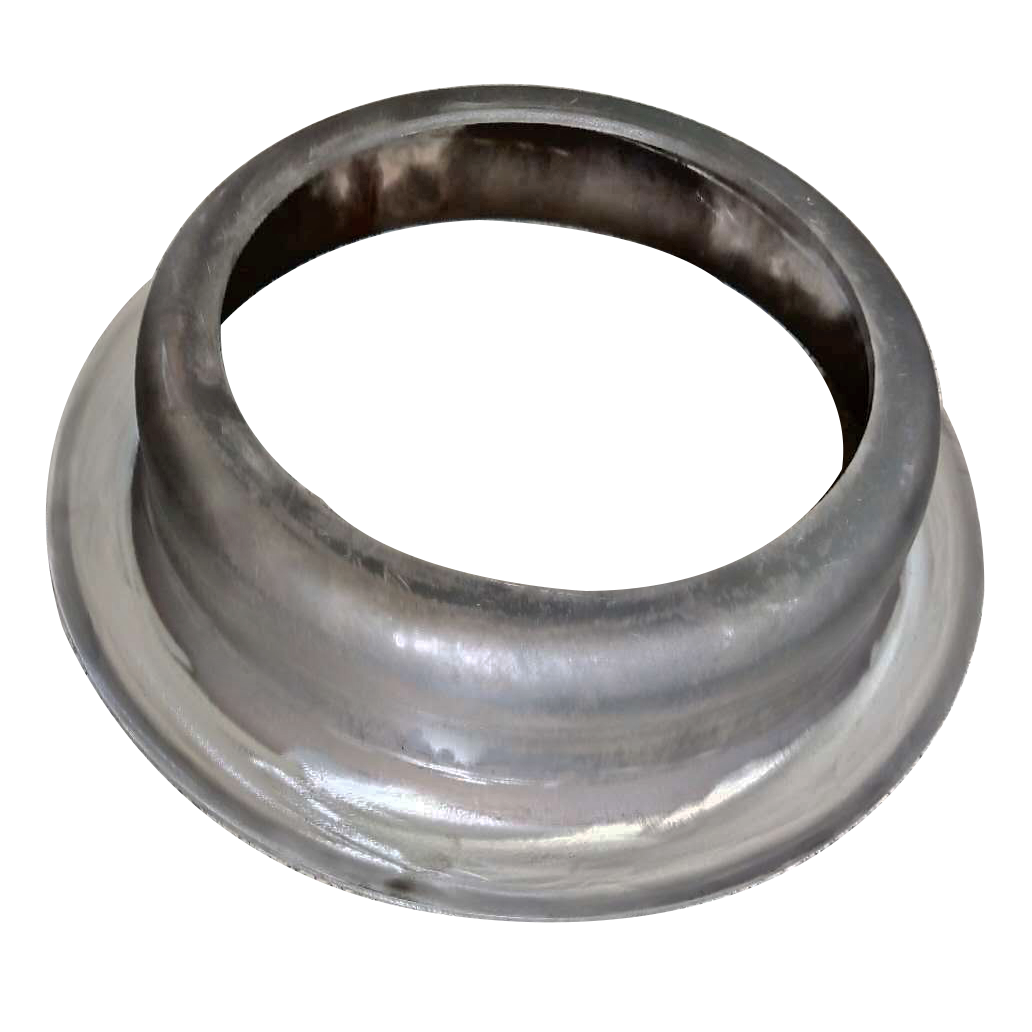- Afrikaans
- Albanian
- Amharic
- Arabic
- Armenian
- Azerbaijani
- Basque
- Belarusian
- Bengali
- Bosnian
- Bulgarian
- Catalan
- Cebuano
- China
- China (Taiwan)
- Corsican
- Croatian
- Czech
- Danish
- Dutch
- English
- Esperanto
- Estonian
- Finnish
- French
- Frisian
- Galician
- Georgian
- German
- Greek
- Gujarati
- Haitian Creole
- hausa
- hawaiian
- Hebrew
- Hindi
- Miao
- Hungarian
- Icelandic
- igbo
- Indonesian
- irish
- Italian
- Japanese
- Javanese
- Kannada
- kazakh
- Khmer
- Rwandese
- Korean
- Kurdish
- Kyrgyz
- Lao
- Latin
- Latvian
- Lithuanian
- Luxembourgish
- Macedonian
- Malgashi
- Malay
- Malayalam
- Maltese
- Maori
- Marathi
- Mongolian
- Myanmar
- Nepali
- Norwegian
- Norwegian
- Occitan
- Pashto
- Persian
- Polish
- Portuguese
- Punjabi
- Romanian
- Russian
- Samoan
- Scottish Gaelic
- Serbian
- Sesotho
- Shona
- Sindhi
- Sinhala
- Slovak
- Slovenian
- Somali
- Spanish
- Sundanese
- Swahili
- Swedish
- Tagalog
- Tajik
- Tamil
- Tatar
- Telugu
- Thai
- Turkish
- Turkmen
- Ukrainian
- Urdu
- Uighur
- Uzbek
- Vietnamese
- Welsh
- Bantu
- Yiddish
- Yoruba
- Zulu
Nov . 14, 2024 20:46 Back to list
aluminum mold casting
Aluminum Mold Casting An Overview
Aluminum mold casting is a highly efficient manufacturing process that utilizes various techniques to produce intricate parts and components with high dimensional accuracy. This method is favored in various industries, including automotive, aerospace, and consumer goods, due to its capability to create lightweight yet strong components that can withstand various operational stresses. In this article, we will explore the process of aluminum mold casting, its advantages, applications, and considerations for manufacturers.
The Process of Aluminum Mold Casting
Aluminum mold casting involves several steps, starting with the preparation of the mold. Molds can be made from various materials, including steel, iron, or non-ferrous metals, and can be either permanent or expendable. The choice of mold material depends on the desired surface finish and the complexity of the part being produced.
Once the mold is prepared, molten aluminum is poured into it. This aluminum is typically mixed with specific alloying elements, such as silicon or magnesium, to enhance its properties. The pour must be carefully controlled to avoid defects such as air bubbles or inclusions. After the molten aluminum is poured, it is allowed to cool and solidify within the mold. Cooling rates can significantly affect the final properties of the cast part; therefore, managing the cooling process is crucial to achieving optimal results.
After solidification, the mold is removed, and the final part is inspected. Additional processes, such as machining, can be applied to enhance the surface finish and dimensional accuracy of the component. This secondary processing is often necessary, especially for parts with tight tolerances.
Advantages of Aluminum Mold Casting
One of the main advantages of aluminum mold casting is the lightweight nature of aluminum itself. Aluminum has a low density compared to other metals, making it an ideal choice for applications where weight reduction is critical. This is particularly important in automotive and aerospace industries, where every ounce saved can lead to improved fuel efficiency.
Another significant advantage is the excellent thermal and electrical conductivity of aluminum. These properties are vital in manufacturing components used in heat exchangers, electrical connectors, and more. Furthermore, aluminum has a high resistance to corrosion, which extends the lifespan of the components produced.
aluminum mold casting

Aluminum mold casting also allows for high production rates, especially when using permanent molds. This efficiency is beneficial for mass production of components where consistency and reliability are paramount.
Applications of Aluminum Mold Casting
The applications of aluminum mold casting are vast. In the automotive industry, aluminum castings are used for engine blocks, transmission cases, and structural components, contributing to weight savings and fuel efficiency. In the aerospace sector, aluminum parts are commonly found in airframes and engines, where performance under varying conditions is essential.
Additionally, electronics manufacturers use aluminum mold casting for housings, brackets, and heatsinks. The ability of aluminum to dissipate heat efficiently makes it an ideal material for such applications.
Considerations for Manufacturers
While aluminum mold casting offers numerous benefits, manufacturers must consider certain factors. The initial cost of manufacturing molds can be high, especially for complex designs or large production runs. However, this cost can be offset by reduced labor costs and higher production rates in the long run.
Moreover, maintaining tight tolerances and a consistent quality can prove challenging. Manufacturers must invest in quality control measures and precision machining to ensure that cast parts meet stringent specifications.
Conclusion
Aluminum mold casting stands as a vital manufacturing process that combines efficiency with versatility. Its lightweight, corrosion-resistant, and thermally conductive properties make it a preferred choice across multiple industries. By understanding the process and its advantages, manufacturers can leverage aluminum mold casting to produce high-quality components that meet the demands of today’s market. Whether for automotive, aerospace, or electronic applications, aluminum mold casting continues to play a crucial role in modern manufacturing.
-
Premium Cast Iron Water Main Pipe: Durable, Corrosion-Resistant
NewsAug.03,2025
-
Durable Cast Iron Water Mains | AI-Optimized Systems
NewsAug.02,2025
-
High-Efficiency Propane Boiler for Baseboard Heat | Save Energy
NewsAug.01,2025
-
Premium Source Suppliers for Various Gray Iron Castings
NewsJul.31,2025
-
Durable Cast Iron Water Main Pipes | Long-Lasting
NewsJul.31,2025
-
High-Quality Cast Iron Water Main Pipe for Durable Infrastructure
NewsJul.30,2025


